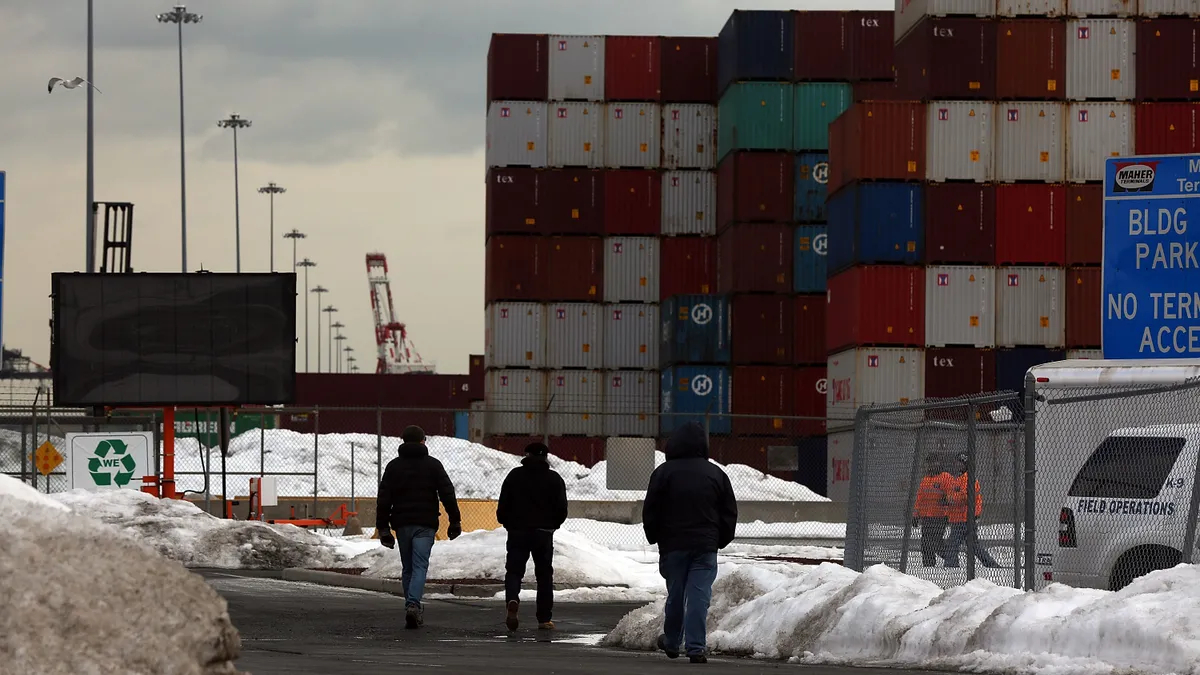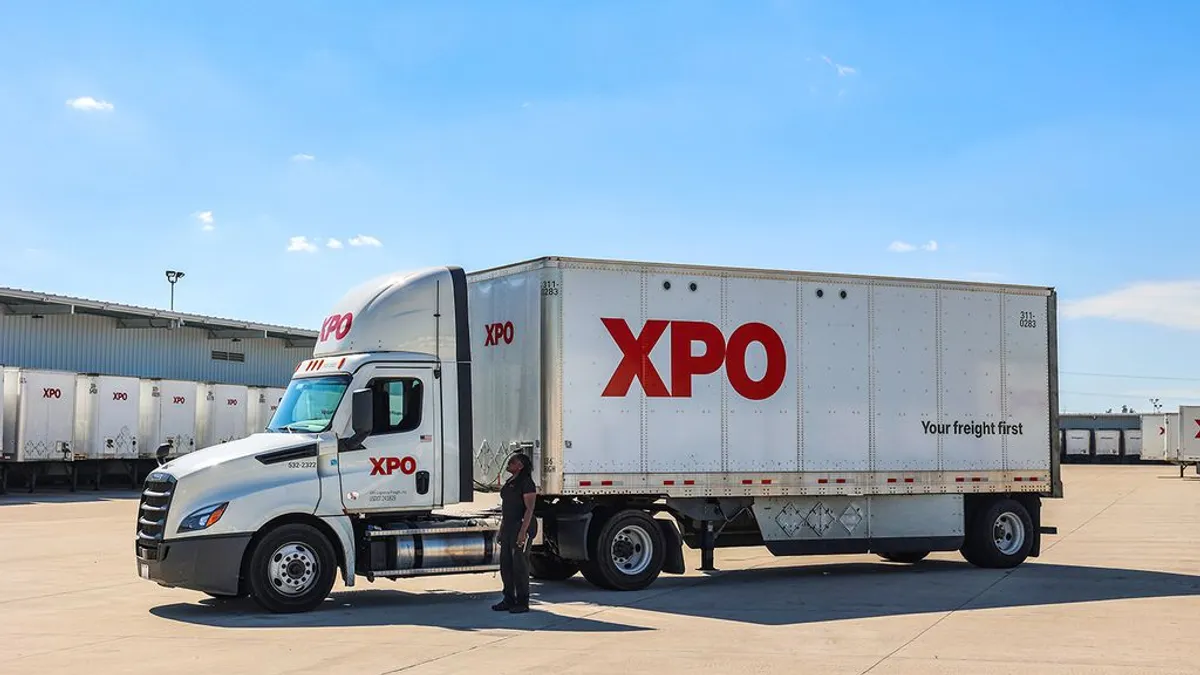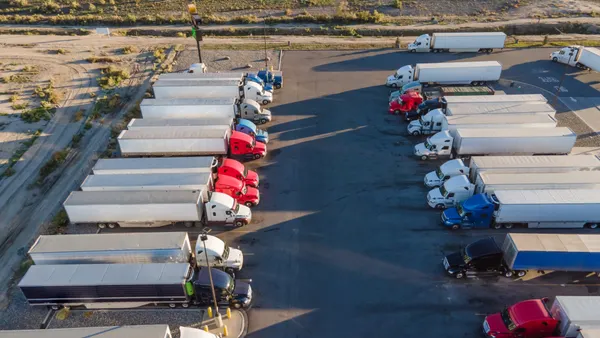The International Longshoremen’s Association initiated a strike that has “shut down all ports from Maine to Texas at 12:01am on Tuesday, October 1, 2024,” the union said on Tuesday.
With the union unable to agree on a new master contract with the United States Maritime Alliance, or USMX, several terminals stopped running shortly after midnight. The union said, “tens of thousands of ILA rank-and-file members began setting up picket lines at waterfront facilities up and down the Atlantic and Gulf Coasts.”
The union's statement did not further define which terminals or cargo types would be affected at the various seaports. Instead, ILA President Harold Daggett focused on the state of negotiations, saying they would stay on strike until their wage and automation demands are met.
“USMX owns this strike now. They now must meet our demands for this strike to end,” Daggett said.
NOW: The port strike has begun here in Boston.
— Kirsten Glavin (@kirstenglavin) October 1, 2024
Members of the International Longshoremen's Association are marching to the Conley Terminal to hit the picket line after failed contract negotiations with the US Maritime Alliance. This will impact ports from ME to TX. @NBC10Boston pic.twitter.com/w7l3JC9iAB
Before the strike, the union and the port employers' association traded public statements, blaming the other for the impasse in negotiations. Disagreements over wages and automation had stalled negotiations between the ILA and USMX for months.
USMX recently said both parties had traded counter offers related to wages in the last 24 hours. But the union said on Tuesday they had rejected USMX’s offer because it "fell far short of what ILA rank-and-file members are demanding in wages and protections against automation."
In a last-ditch effort to speed things along, USMX had filed a charge against the ILA with the National Labor Relations Board last week for refusing to bargain. Along with the charge, USMX filed an injunction to bring the union back to the negotiating table.
Meanwhile, USMX said in a Sept. 23 statement that it had been contacted by the Department of Labor, the Federal Mediation and Conciliation Service and other federal agencies about the stalled negotiations. In addition, CBS reported Friday that officials such as Transportation Secretary Pete Buttigieg and Acting Labor Secretary Julie Su have called for both parties to return to the negotiating table.
The threat of a strike led several shippers to move cargo ahead of time and shift some shipments to the West Coast. Ocean carriers also advised customers to move cargo before Oct. 1 while announcing surcharges to cover higher operational costs incurred due to service disruptions.
Several experts also advised shippers to include Canada and Mexico as part of their diversion plans and to use air cargo or alternate coast gateways at smaller volumes.
Even with contingency plans, a strike of any length will drastically impact operations for shippers and carriers. In past port disruptions, drayage providers have been significantly affected.
“One day is too long of a shutdown,” George Goldman, president and CEO of the North America division of CMA CGM, said during a Sept. 18 briefing at the Port of Los Angeles. “The reality is that we’re in a fluid supply chain process. The moment you close the door, things begin to back up.”














